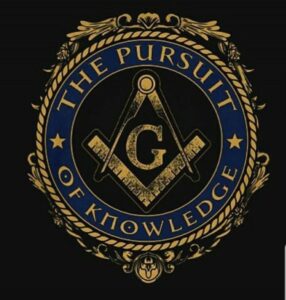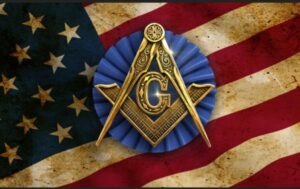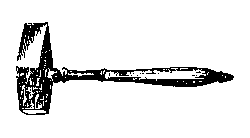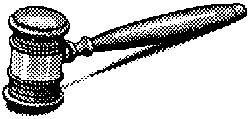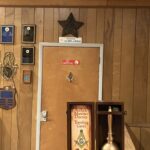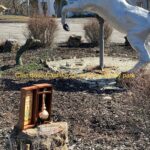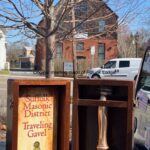Summer 2025
Brothers,
Summer 2025 officially begins on June 20th. For one reason or another, we ‘go dark’ during July and August. I have heard the myriad of reasons why. However, when a Lodge is active and thriving, it seems to me at least, to break the momentum of the progress a Lodge is making. There have been some interesting conversations happening on the interwebs on this very subject.
When lodges ‘go dark’ over July and August, I at least can count on the many events that Lodge, and the District will hold over the summer. If you weren’t aware, there are several BBQs, possible fishing trips, The LIPMA Summer Soiree, The Bus Demolition Derby, just to name a few. Most of the planned events are family events, so time with family over the summer is not lost.
Some of the events you may see put on by lodges or the district are fundraisers for the hosting lodge or to benefit local charities, etc. So, it’s important to stay connected to your brothers during the summer months. Attend Lodge and District events as much as your cable tow allows. You could be greatly assisting a Lodge in their efforts, or at the very least be social. There is a lot to be said for just being social, especially in the last decade or so, as we watch social traditions slowly fade with the advent of social media and the internet.
Get out there, meet with your brothers, brothers you have not met yet and take part in spreading the cement of brotherly love and affection, that cement which unites us into one sacred band or society of friends and Brothers, among whom no contention should ever exist, save that noble contention, or rather emulation, of who best can work and best agree.
That being said, head on over to the EVENTS page and see what’s happening around you in the District. You can also check the Suffolk District BAND, as the same events are listed there.
